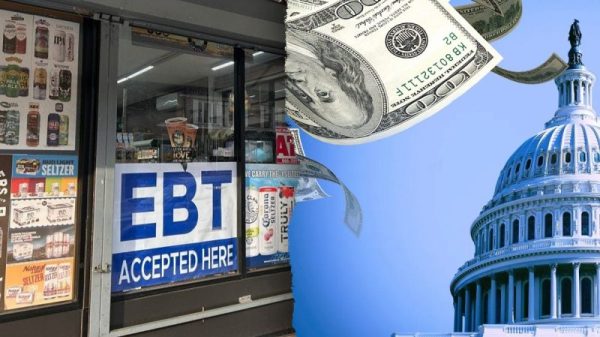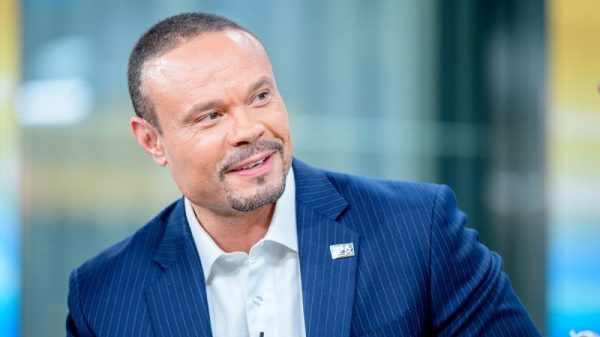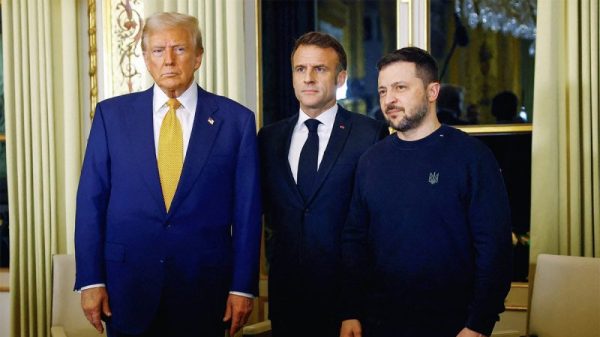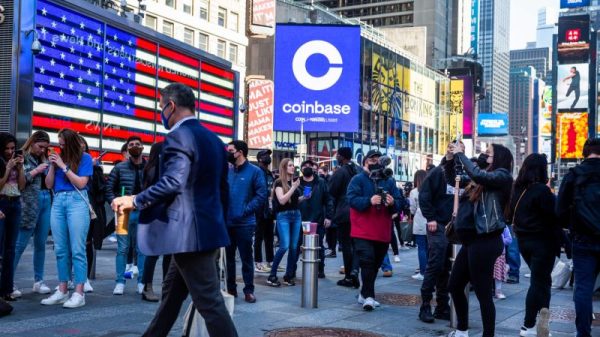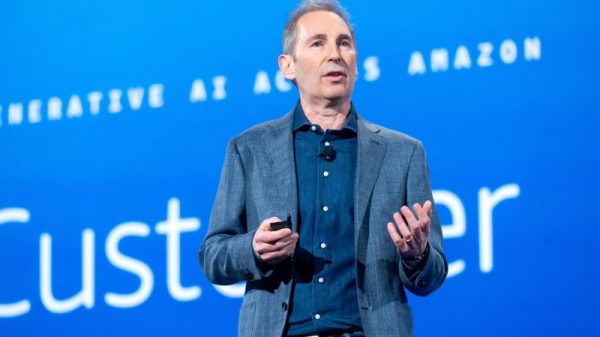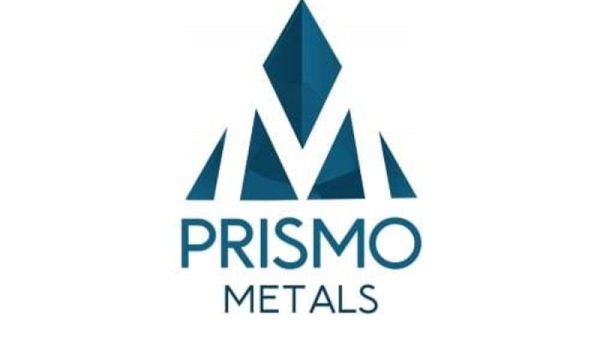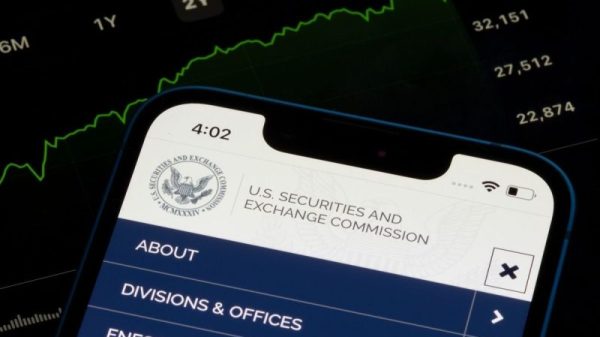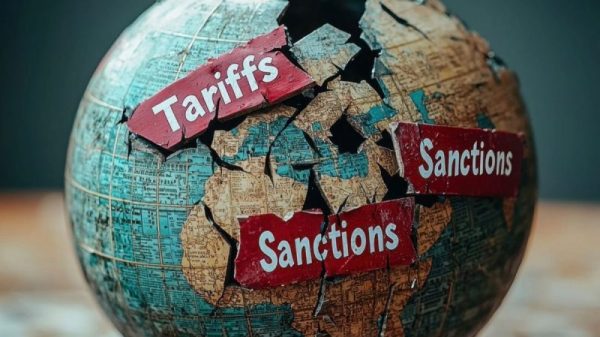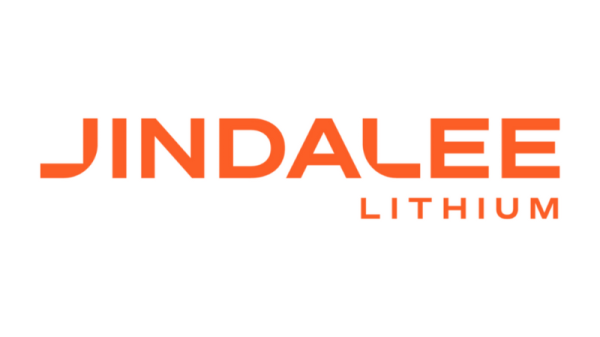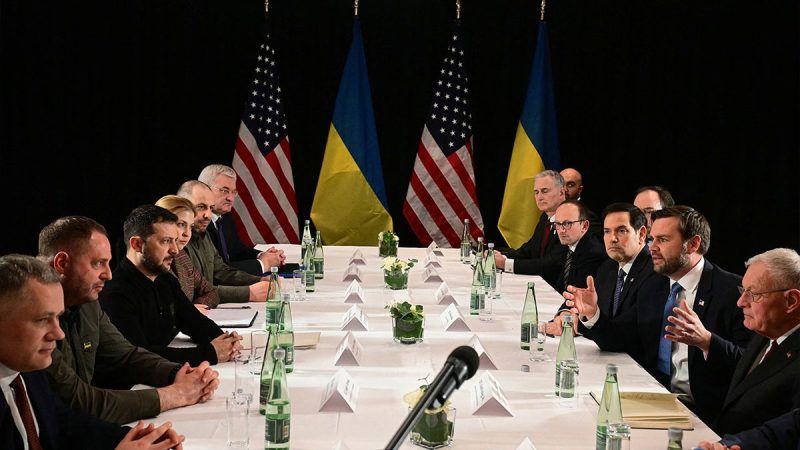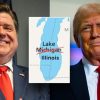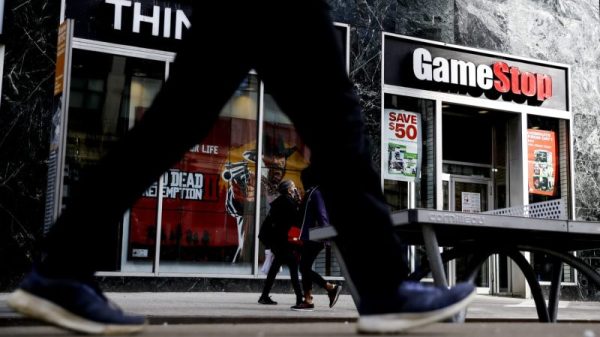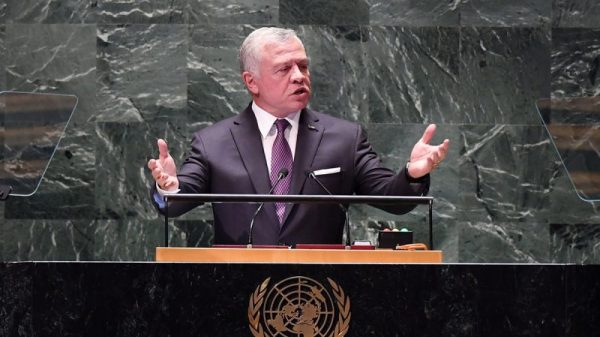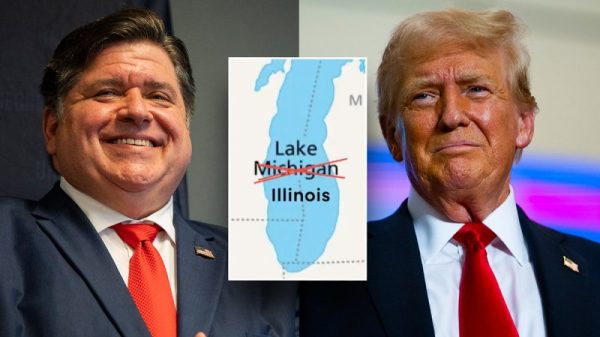‘We are way closer to the beginning than we are to the end,’ former CIA Moscow station chief Dan Hoffman said as Ukraine entered a fourth year of war on Monday.
Since the Nov. 5, 2024, re-election of President Donald Trump, the Western world has been scrambling to understand what the future holds for Russia’s war in Ukraine as Washington looks to re-establish ties with Moscow in a move to end the conflict and secure a peace deal.
In the span of a week, Trump held a call with Russian President Vladimir Putin; Secretary of State Marco Rubio met with his Russian counterpart Sergey Lavrov; retired Lt. Gen. Keith Kellogg, special envoy for Ukraine and Russia, met with Ukrainian President Zelenskyy, and Defense Secretary Pete Hegseth sparked international debate by pronouncing that Ukraine would unlikely be permitted to join NATO.
But far from bringing a sense of optimism that an end to the brutal war in Ukraine could be on the horizon, questions erupted across the globe as the geopolitical atmosphere descended into a state of confusion.
‘What a ceasefire would look like? I have no idea,’ Hoffman said, highlighting the numerous and almost indeterminable factors that will shape whether Moscow and Kyiv agree to terms under a deal.
‘It’s getting the Russians to stop. That’s the key,’ he explained. ‘The Russians are intrigued by the idea that they could make a grand bargain with this administration and eliminate the sanctions that are causing so much harm.
‘But what hangs over this is Vladimir Putin – he’s a KGB guy. He hates Donald Trump just as much as he hates Hillary Clinton and Joe Biden, and every one of us, because the United States is the main enemy,’ Hoffman explained. ‘He’s going to try to get a great deal.
‘Putin’s going to try to frame negotiations as if Russia is going toe to toe with the United States, he will want to make it look like Russia got the better of us, to enhance his own image and the Kremlin’s [to] throw weight against us globally, including in the MIddle East and Africa,’ Hoffman explained.
Some of the biggest factors that will be involved in negotiating a ceasefire will be security guarantees for Ukraine, including whether Russia has the right to influence who can be permitted into the alliance.
‘Ukraine’s NATO membership should not be a negotiation tactic, because we don’t want Russia to have, you know, de facto veto power over who joins NATO,’ Catherine Sendak, director of transatlantic defense and security with the Center for European Policy Analysis (CEPA), said during a discussion on Ukraine on Thursday.
Some nations like Britain and France have said they may be willing to send in troops to serve as a deterring force should a ceasefire be agreed to, though Russian officials have already said NATO forces in Ukraine would be unacceptable to Moscow.
Though even with European forces in Ukraine, it remains unclear in what capacity as a deterring force they would serve.
Questions over whether European forces would help police Ukrainian borders shared with Russia or merely act as air and naval support for Kyiv remain.
Experts involved in the CEPA discussion were unanimous in their agreement that the U.S. should be involved, though the Trump administration has already suggested that not only will the possibility of the U.S. sending in troops to Ukraine not be an option, but it may look to remove American forces currently positioned around Europe.
‘Many European nations just have not had any experience in leading a force of that size,’ said William Monahan, senior fellow with CEPA and former deputy assistant secretary of state for political-military affairs during the previous Trump administration.
‘Determining where the U.S. could be providing key enablers, I think, would be an essential element of any force, and determining its credibility and deterrence capability,’ he added.
Putin has made clear that his latest war objective is the ownership of four Ukrainian regions, Luhansk, Donetsk, Zaporizhzhia and Kherson, which he illegally ‘annexed’ in 2022 but none of which have his forces been able to fully seize.
Zelenskyy has said he will not agree to cede any land to Russia, including Crimea, which Russia has illegally occupied since 2014, but which Hegseth said this month would be an ‘unrealistic’ objective at the negotiating table.
Though some Western experts have argued that Ukraine does not necessarily need to cede land in order to reach a ceasefire agreement.
This proposal suggests that the Ukrainian territory would remain internationally recognized as ‘occupied’ by Russia, which would allow the fighting to stop, though Kyiv and its international partners would then need to attempt to renegotiate land releases at a later time.
What has become clear is the Trump administration’s push for Europe to be more heavily involved in providing military support to Ukraine. But as European nations look to ramp up defense on the continent without Washington’s support, security experts are warning this is changing geopolitical views of the U.S. and its reliability as an ally.
‘I think there is a group of European countries now, I think increasingly, including the U.K. potentially, and France, that actually are beginning to see the U.S. as part of the problem,’ said Sam Green, director of democratic resilience at CEPA and professor of Russian politics at King’s College London.
Green said European nations may need to come up with their own solution to counter a U.S.-Moscow proposal for a ceasefire in Ukraine.
Ultimately, the security experts warned that the increasingly apparent divisions between Washington under the Trump administration and Europe are playing into one of Putin’s longtime chief aims.
‘I think there’s a need to get a coordinated approach that brings in our allies and partners [and] maintains that source of strength,’ Monahan said. ‘I think Putin is very happy he has been able to achieve one of his strategic goals, which is create disunion and division among the United States and its allies in the transatlantic relationship.’
When asked by Fox News Digital if some of the controversial comments made by Trump, like calling Zelenskyy a dictator, claiming he has low internal approval ratings and seeming to suggest he was to blame for Russia’s illegal invasion, are aiding Putin in his negotiating calculus, Hoffman said, ‘I don’t know what damage, if any, it’s causing, but the intelligence community can assess that.’
‘What Vladimir Putin thinks about the U.S. and Ukraine, about Zelenskyy and Trump going, rhetorically at least, toe to toe in the Octagon against each other – it’s not a great look,’ he added.
‘[Putin] thinks he can break Europe. He doesn’t think Europe is going to be strong enough without the United States,’ Hoffman argued. ‘That’s certainly the past. The history during the Soviet-Evil Empire, it was the U.S. strength, our nuclear umbrella, that deterred the Soviet Union from expanding.
‘NATO has always been an alliance to deter Russian aggression,’ he said. ‘We’re nowhere close to knowing how all this is going to play out.
‘Right now, you’re just hearing a lot of noise,’ Hoffman cautioned.

